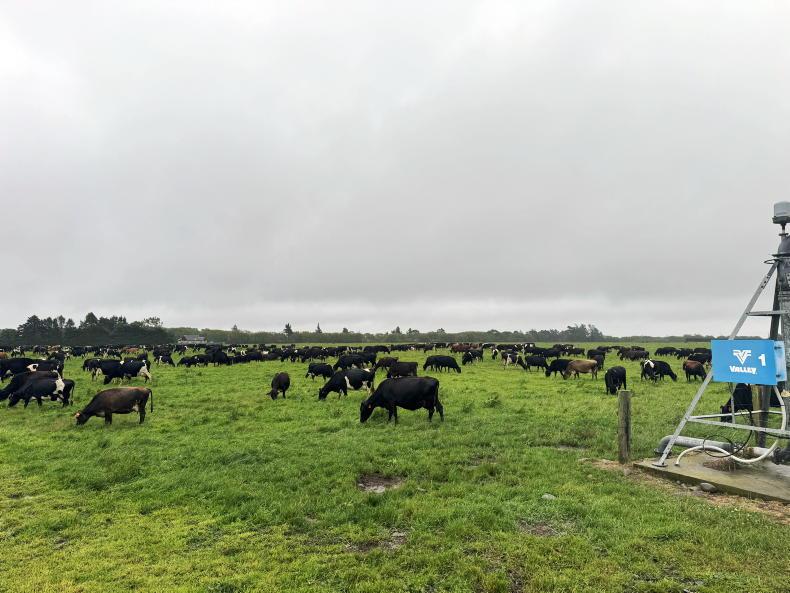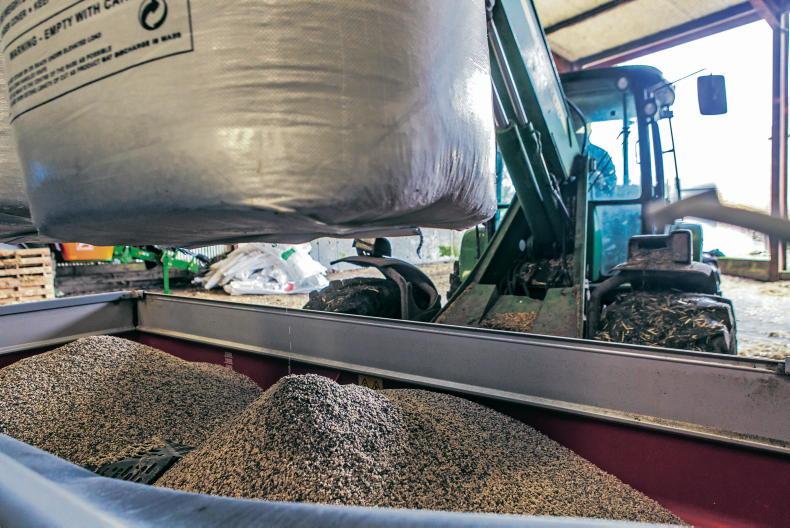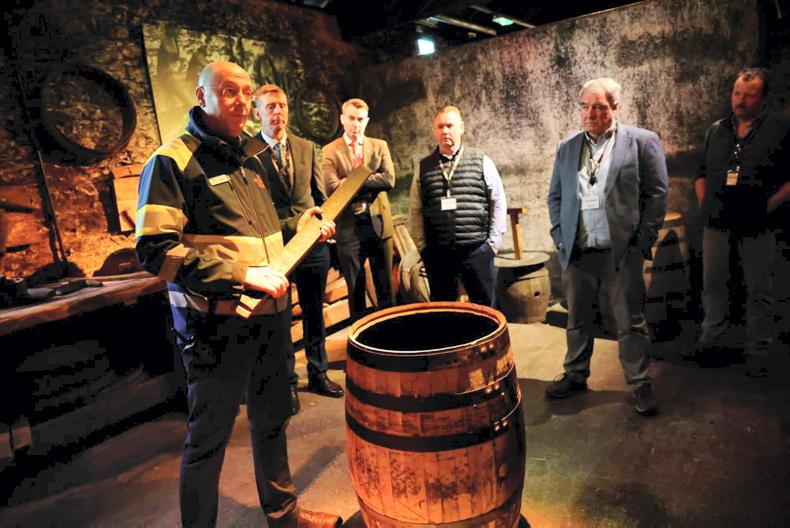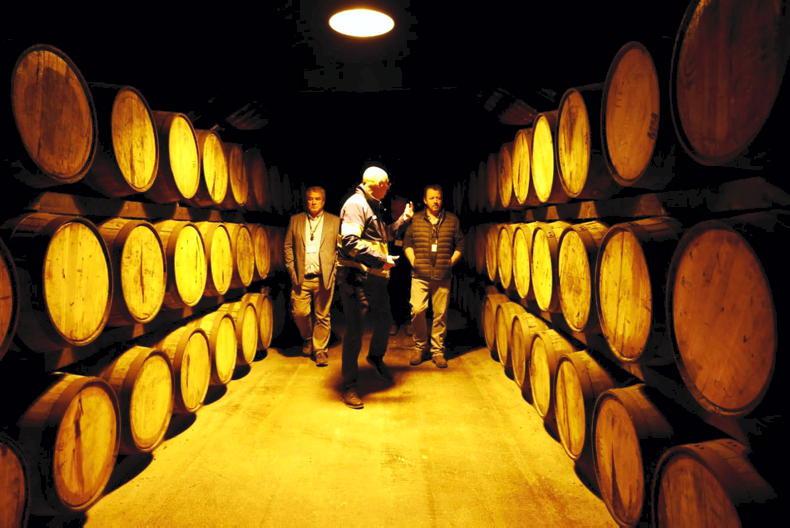Growers who have winter crops in the ground have probably given eco-schemes considerable thought before now, but those with only spring crops may have put such decisions on the long finger. Eco-schemes are completely separate to the range of measures in ACRES. While it is not obligatory to participate in an eco-scheme, the allocated funds come from 25% of your 2022 payment, so most people will not be able to afford to do without it. Because it is not obligatory, it will be necessary to tick a box at the time of submitting your 2023 application for the new BISS payment on agfood.ie.
For those who will have to change eco-scheme measures from year to year, it is important to plan out how different options will unfold. You may choose to do soil sampling in year one, but if you are using a rotation that becomes less than 20% in an individual year, you need to know what you will do then. So think and plan in advance unless you know that SFN and GPS will be available every year.
EFA is now space for nature
There are eight separate eco-scheme measure to choose from, so farmers should be able to comply with two measures which are needed to secure payment. Tillage farmers will be very happy with the ecological focus area (EFA) requirement in greening and the new version of this is being called Space for Nature (SFN). But we are likely to find that many tillage farms will have above 7% SFN, while they may have had less than that in the EFA. This is because parts of parcels that were excluded previously may now be included.
So, if your maps show greater than 7% SFN, that is one eco-scheme covered for all five years. But you must check that the features marked on your maps are correct. If your application shows greater than 10% SFN, then this will qualify you for the two eco-schemes. All farmers should begin to check out what level of initial SFN has been given to them and then check out every feature. If you leave this until next April or May, there may be a lot of late applications submitted.
GPS equipment
Assuming that you only quality for one SFN eco-scheme, then you need to act to qualify for a second measure. If you happen to be geared up with GPS equipment on tractors, fertiliser spreaders and sprayers, then this technology also qualifies you for one eco-scheme. Again, if you have this equipment, it can fulfill one eco-scheme obligation in every year, providing that this equipment is used to apply all fertiliser and sprays. You could also avail of a contractor service to avail of this measure. However, it is assumed that the technology will be switched on and working properly during application.
Soil testing
For those who do not or will not have GPS equipment, two other options include rotation and soil testing. Soil testing is an option for one year in three and must be carried out across the full farm. This must be done according to the specification of a maximum 5ha, but that is only good farming practice and it provides critical information to do the now obligatory nutrient management plans. Recommendations for lime requirements must be carried through in the year of testing.
Rotation
For those operating rotations where 20% or more of the cropped area is in rotational crops - oilseed rape, oats, peas or beans, or a combination of two or more of these - that can fulfill one eco-scheme for one year. Where such rotations are practiced annually, then this measure might also be used every year.










SHARING OPTIONS